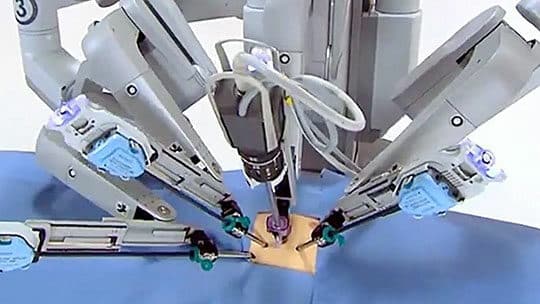Healthcare technology firm io Healthhas declared on October 7 that it successfully secured $2 million in seed funding aimed at amplifying its artificial intelligence platform, which has demonstrated efficacy in improving clinician retention and enhancing documentation accuracy.
This funding round was spearheaded by Nina Capital, a venture capital firm renowned for its focus on health technology with significant international scalability.
This financial influx arrives at a critical juncture as home health agencies grapple with staffing shortages, a situation highlighted by io Health.
Headquartered in Los Angeles, io Health asserts that its innovative platform has enabled early adopters to lower clinician turnover rates by 36%, while simultaneously reducing quality assurance rework by 25%.
These metrics are especially critical in an industry where the expense of replacing a single nurse can escalate to tens of thousands of dollars.
The $150B Dilemma of Home Health Documentation
The U.S. home health sector stands as a vast and burgeoning market. As projected by Grand View Research, this sector’s valuation is anticipated to reach $162 billion by 2024, with an astonishing growth trajectory expected to elevate it to $381 billion by 2033.
Amidst this expansion, agencies confront escalating regulatory demands, shrinking profit margins, and an increasingly competitive labor environment that complicates the recruitment and retention of qualified clinicians, as articulated by io Health.
Documentation challenges persist as a predominant hurdle for home health providers. Errors during patient evaluations frequently result in protracted quality assurance reviews, which delay billing cycles and disrupt cash flow.
Such documentation discrepancies can encumber operational efficiency, amplifying administrative burdens and hindering care coordination among teams.
Traditional software solutions have compelled agencies to either overhaul their entire electronic medical record (EMR) systems or subject clinicians to extensive retraining—both costly and time-consuming options that many organizations find unfeasible, according to the company.
io Health’s AI Platform Mitigates Documentation Errors Without Overhauling EMR Systems
Founded in 2023 by professionals from the home health sector, io Health has created a patent-pending platform meticulously designed to streamline documentation processes.
“Our objective with io Health is to tackle the most significant lever for improvement: precise documentation,” remarked io Health CEO David Bell in the company’s announcement. “Superior documentation results in diminished back-office workload, expedited billing, and enhanced clinician satisfaction.”
The platform seamlessly integrates into an agency’s existing electronic medical record, furnishing clinicians with real-time validation, compliance guidance, and educational feedback as data is entered.
According to the company, this approach effectively reduces documentation errors, accelerates review cycles, and bolsters overall efficiency without necessitating extensive workflow modifications or additional software implementations.
Performance metrics from early partners, such as Elevate Home Health, were instrumental in securing funding from Nina Capital, as noted by io Health.
“We have experienced a marked enhancement in the accuracy of our functional scores, clinician productivity, and the QA team’s workload,” stated Elevate Home Health President Mark Hunt in io Health’s communication.
Streamlining Administrative Tasks While Clinicians Retain Existing Systems
io Health intends to deploy its seed funding to enhance the company’s Care Optimized platform, tailored for home health and hospice organizations. This system encompasses three essential tools designed to confront recurrent documentation challenges, as explained by the company.
Firstly, ioAssist provides real-time validation, compliance guidance, and educational prompts at the point of care. This tool also prepares agencies for forthcoming hospice outcomes and patient evaluation criteria associated with hospice assessments.
The second component, ioIQ, zeroes in on quality assurance, employing automation to assist review teams in identifying documentation requiring additional scrutiny.

The final tool, ioDoc, automatically generates digital patient handbooks, thereby alleviating the administrative burden linked to manual documentation processes.
Among these offerings, io Health identifies its ioAssist tool as the cornerstone of its solutions. It functions seamlessly within existing electronic medical record systems, allowing clinicians to receive validation and compliance feedback contemporaneously as they proceed with their work.
The platform provides pertinent data instantaneously, without necessitating users to transition to another system or alter their documentation workflows.
Source link: Inkl.com.






